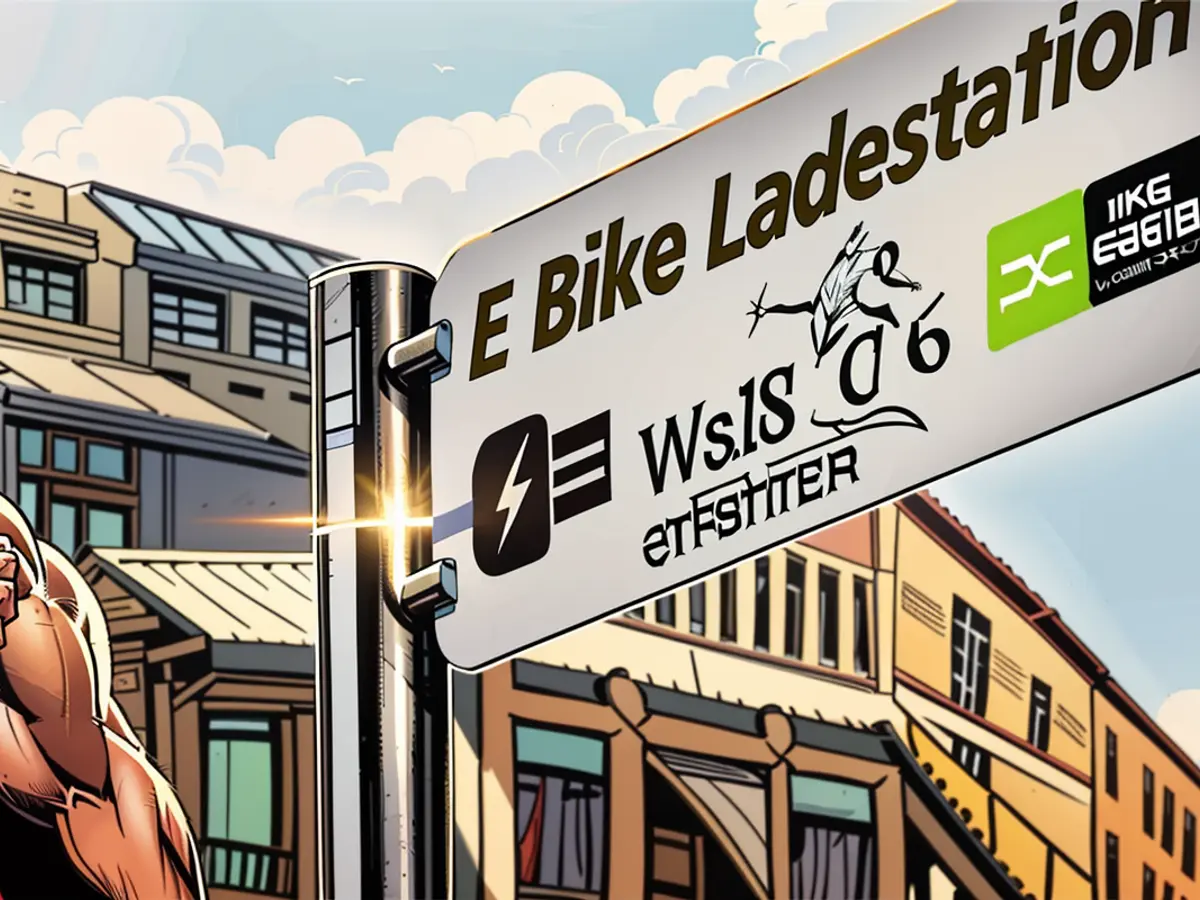Mobility - One in four people in Bavaria rely on e-bikes
More than a quarter of the inhabitants and inhabitants in Bavaria are now using an E-bike, according to a survey commissioned by an energy company. With a distribution of 26.4 percent, the free state ranks third compared to other federal states, after Lower Saxony and Baden-Württemberg, E.ON announced in Munich on Thursday. The nationwide average is 24.7 percent, slightly more than in the survey last year (2023: 23.3 percent).
For shorter distances, e-bikes are an environmentally friendlier alternative to classical combustion engines cars. "Sustainability is an important motivation for many E-bike enthusiasts in usage," it continued. Most people over 50 years old are buying an E-bike, according to the survey for the whole of Germany, more than a quarter are doing so. For young people between 18 and 29 years old, it was not even one in five (17.5 percent).
According to the study, there are the most E-bikes in rural areas in Bavaria, which are not as well connected to public transport as the areas around larger cities. The leading districts in terms of e-bike density are Straubing-Bogen (35.6 percent), Freyung-Grafenau (35.2 percent), Oberallgäu (33.6 percent), Dingolfing-Landau (33.5 percent), and Kelheim (32.6 percent). In Munich, it is only 15.4 percent, in Nuremberg 22.8 percent, and in Würzburg 21.3 percent.
The market research institute Civey surveyed 30,000 citizens aged 18 and over in Germany online from May 17 to June 4. 10,000 of the interviewees were also asked about the reasons for purchasing an E-bike.
E.ON Energy Atlas
In Bavaria, an energy company's survey revealed that 26.4% of residents use E-bikes, placing the state third in e-bike adoption after Lower Saxony and Baden-Württemberg. The nationwide average for e-bike usage is 24.7%, slightly higher than last year's survey at 23.3%. E-bikes are favored for shorter distances as an eco-friendly alternative to traditional combustion engine cars, with sustainability being a key motivation for many users. Interestingly, the survey found that most E-bike purchases in Germany are made by individuals over 50 years old, while only 17.5% of young people between 18 and 29 years old opt for E-bikes. The study also indicated that there are more E-bikes in rural areas of Bavaria, which have less access to public transportation, compared to larger cities. The leading districts for e-bike density in Bavaria are Straubing-Bogen, Freyung-Grafenau, Oberallgäu, Dingolfing-Landau, and Kelheim, with Munich having the lowest percentage at 15.4%. The market research was conducted by Civey, surveying 30,000 citizens aged 18 and over in Germany online between May 17 and June 4.








